Key Takeaways
- VPNs enhance internet privacy and security, but not all VPNs are created equal.
- We’ve gathered insights on VPN safety, including potential vulnerabilities.
- Choosing the right VPN involves understanding different encryption protocols and company privacy policies.
- Additional measures can be taken for those requiring heightened security online.
Understanding VPN Basics
Virtual Private Networks (VPNs) provide a means of safeguarding your online identity and internet connection. These networks function by creating a private tunnel through which your data travels, effectively masking your IP address and making your online actions almost untraceable. Yet, the question “do VPNs really work?” often arises. For a thorough understanding, you can refer to this comprehensive guide on VPN safety. When evaluating the effectiveness and safety of a VPN, it’s essential to consider several critical factors. Firstly, encryption protocols play a vital role in securing data transmission, and the strength of these protocols can significantly impact the overall security of the VPN. Additionally, logging policies, which detail how user activity data is recorded and stored, can also influence the level of privacy and anonymity provided by the VPN service.
Encryption Protocols: A Deep Dive
Encryption protocols are at the heart of a VPN’s security features. Popular protocols like OpenVPN, L2TP/IPSec, and PPTP each offer different levels of security. OpenVPN, for instance, is widely regarded as one of the most secure protocols available because it uses robust encryption methods and offers excellent performance. On the other hand, protocols like PPTP, though faster, are considered outdated and are more susceptible to security breaches. The choice of protocol can significantly impact the overall security of your VPN. By selecting a VPN that employs robust encryption standards, users can ensure that their online activities remain private and protected from prying eyes.
Company Privacy Policies Matter
When you’re in the process of choosing a VPN, it is essential to review the service provider’s privacy policy thoroughly. It’s worth noting that not all VPN services are open about their logging policies, and there may be reason for alarm given this lack of openness. It’s highly recommended for users to seek out VPNs with a stringent no-log policy. This means that these services do not keep any records of users’ online activities. By opting for a VPN with a clear and transparent privacy policy, you can ensure that your personal information is not being stored or sold to third parties. This level of transparency not only helps to build and maintain user trust but also provides reassurance that your privacy is being protected.
Potential VPN Vulnerabilities
Virtual Private Networks (VPNs) play a significant role in enhancing internet security, but it’s essential to be aware of their vulnerabilities. One common security concern with VPNs is the potential for DNS leaks. This can occur when DNS queries are accidentally routed outside the encrypted VPN tunnel, revealing potentially sensitive information and undermining the user’s privacy. It’s crucial to address this issue to ensure that all DNS queries remain secure within the VPN tunnel.
Another important consideration is the use of older VPN protocols, such as Point-to-Point Tunneling Protocol (PPTP). While these protocols may offer faster connection speeds, they are also more susceptible to security vulnerabilities and attacks. Users should evaluate the trade-offs between speed and security when choosing a VPN protocol to use. To mitigate these risks and fortify online security, it’s advisable to take proactive measures. This includes using updated and secure VPN software that incorporates the latest security features and patches. Furthermore, conducting regular checks for potential leaks using online diagnostic tools can help identify and address any vulnerabilities that may arise. By addressing these potential vulnerabilities, users can strengthen their online security posture and maximize the benefits of their VPN service, ensuring a safer and more secure online experience.
Additional Security Measures
For those requiring extra security, combining a VPN with other cybersecurity tools is a recommended approach. For instance, using multi-factor authentication (MFA) adds an extra layer of protection for sensitive accounts, increasing the barrier to entry for illegal users. Additionally, installing reliable antivirus software can help safeguard your devices against potential threats that a VPN might not cover. These additional security measures can work in tandem with your VPN to create a more comprehensive security strategy, ensuring that all bases are covered when it comes to your online protection.
Choosing the Right VPN
With the plethora of VPN services available today, selecting the right one can indeed be overwhelming. Essential things to think about while making this decision include the encryption standards employed by the service, their logging policies, the speed and reliability of the connection, and the level of customer support offered. Comprehensive reviews and comparisons can provide valuable insights to help narrow down your options. For instance, authoritative tech websites like CNet offer detailed reviews and comparisons of various VPN services, aiding users in making informed decisions. By considering these elements, users can identify a VPN service that best meets their specific needs and ensures robust online protection.
Weighing the Benefits and Risks
Ultimately, VPNs are valuable tools for enhancing online security and privacy, but they are not infallible. Making the most of their advantages requires an understanding of their drawbacks as well as their advantages. Combining a reputable VPN service with additional security measures will provide the best protection, ensuring a safer and more private online experience. By staying informed and vigilant, users can navigate the digital landscape with greater confidence and peace of mind, leveraging the strengths of their chosen VPN service to maintain their online privacy and security.






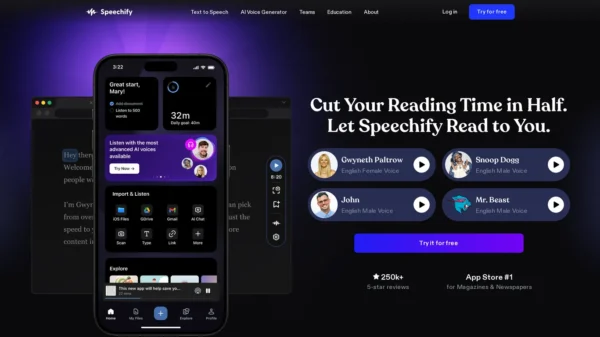















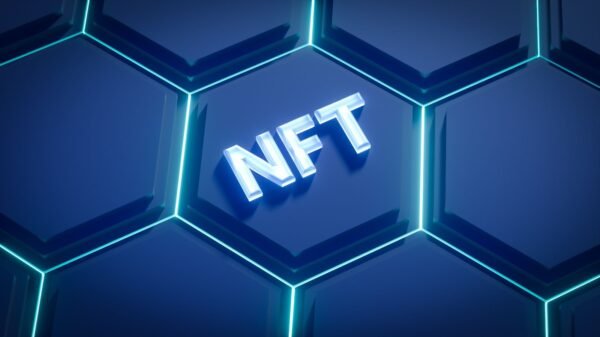
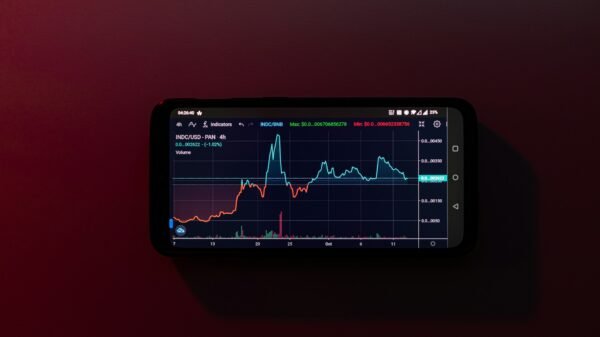
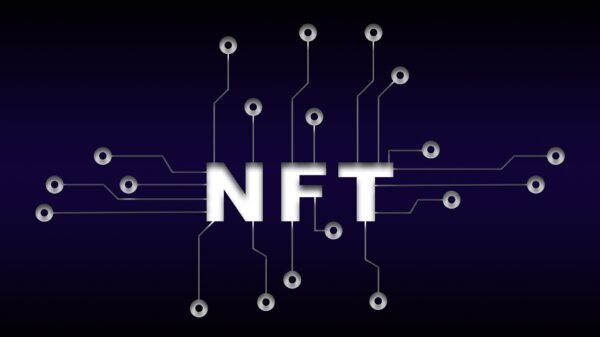



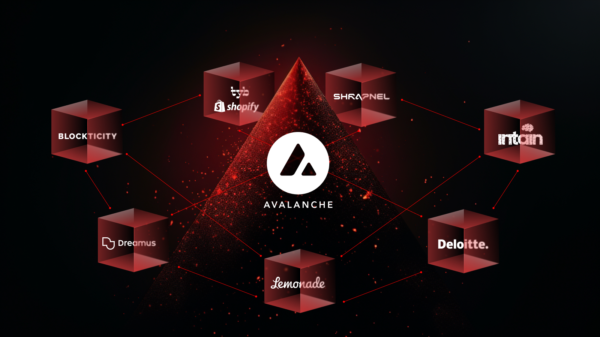













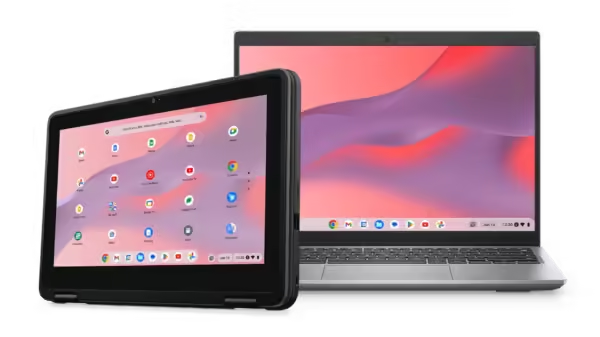



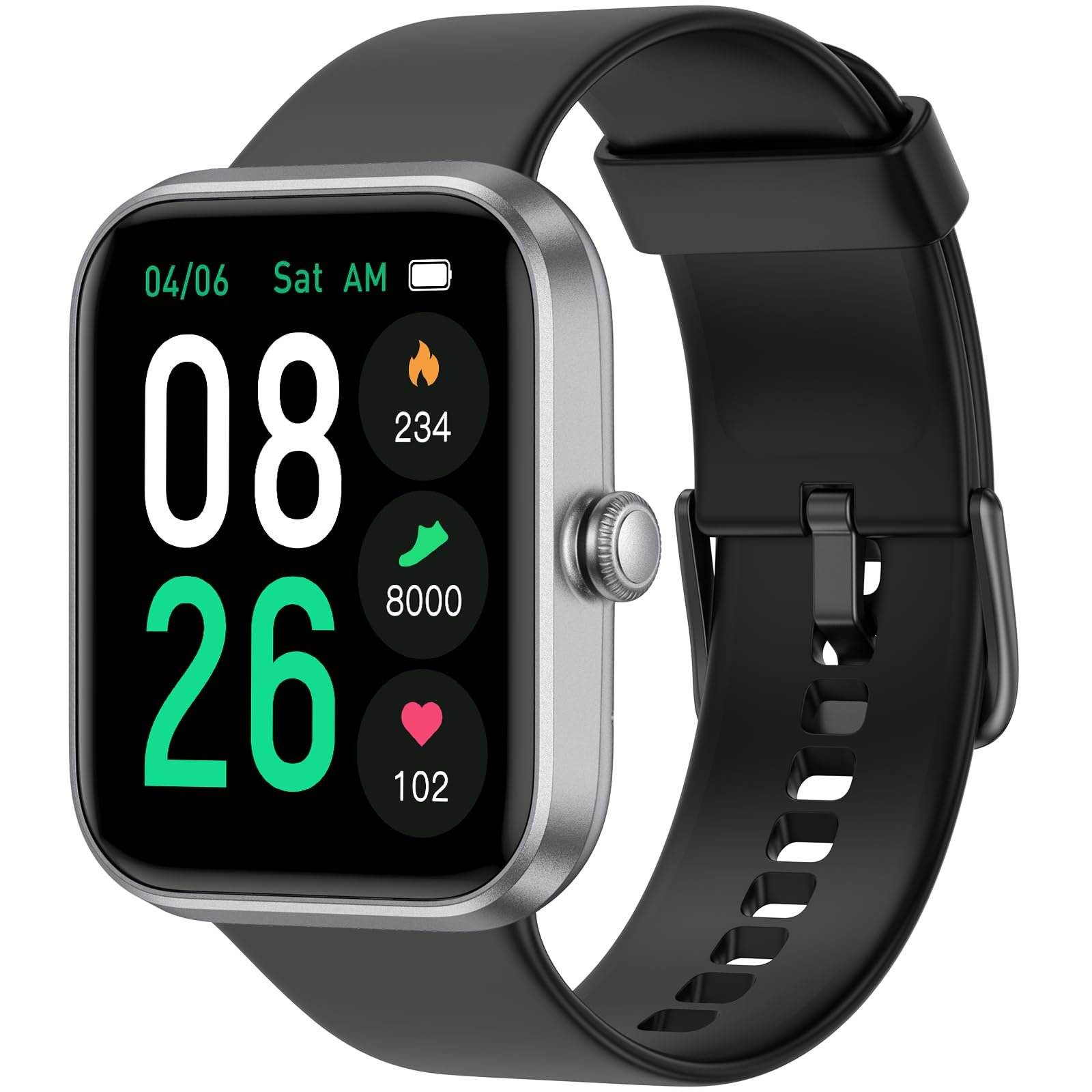
















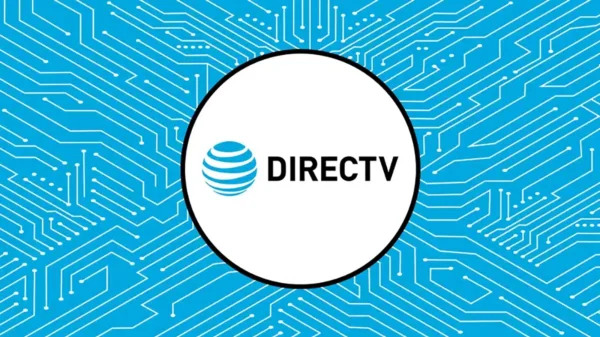
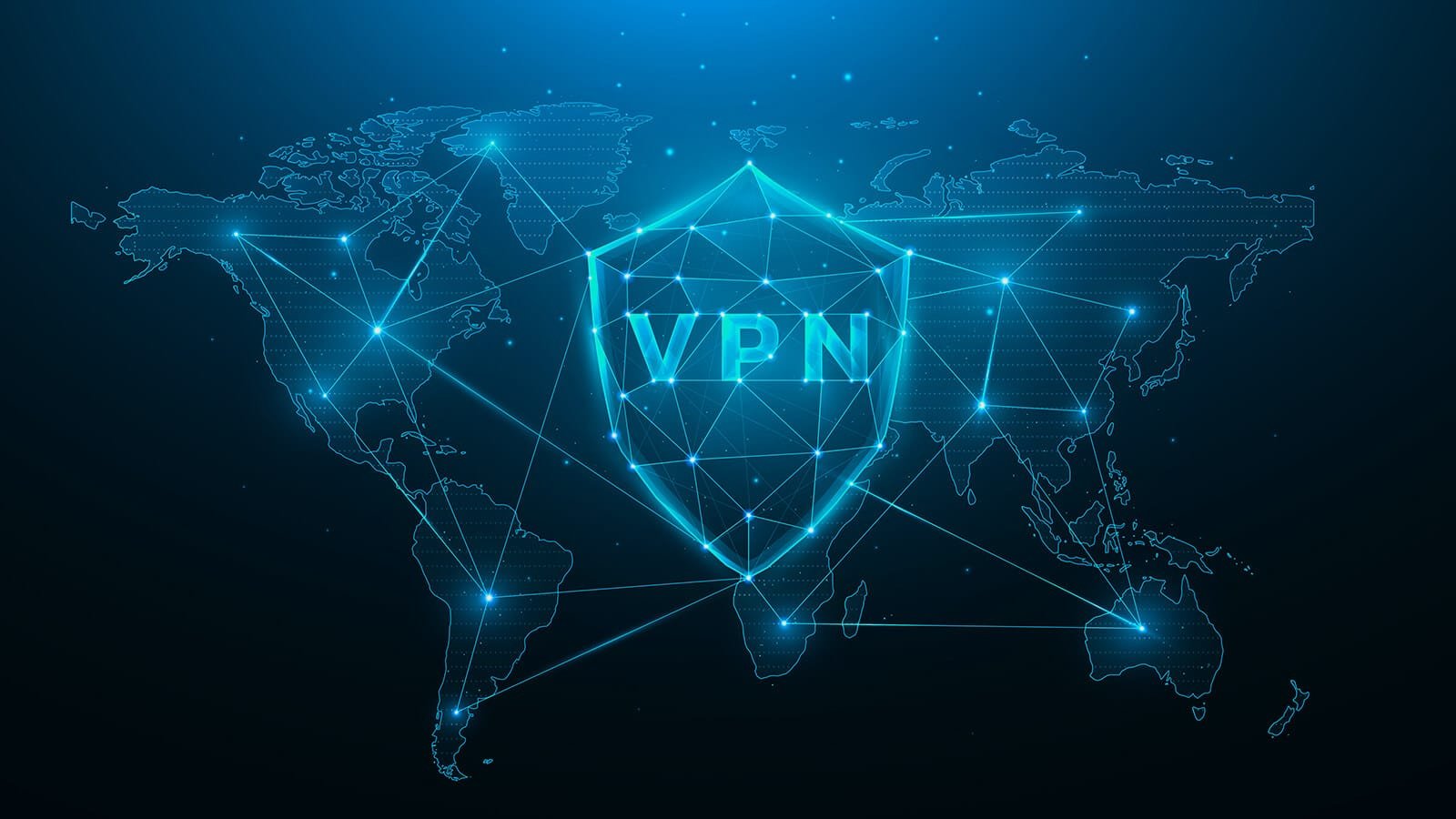
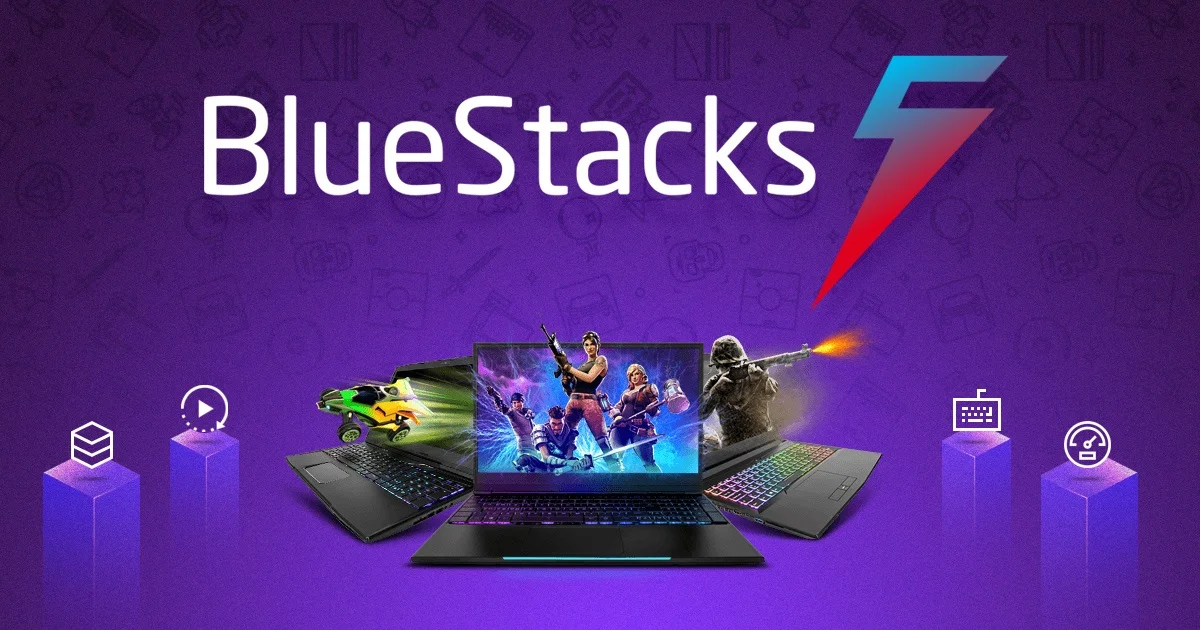





Pingback: How to Get Free TikTok Followers: Proven Tips & Strategies